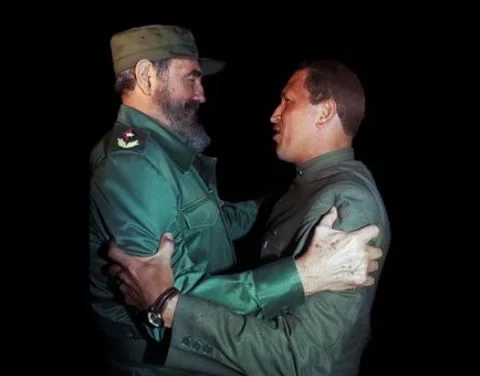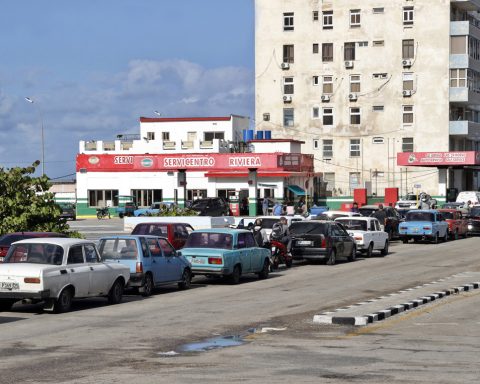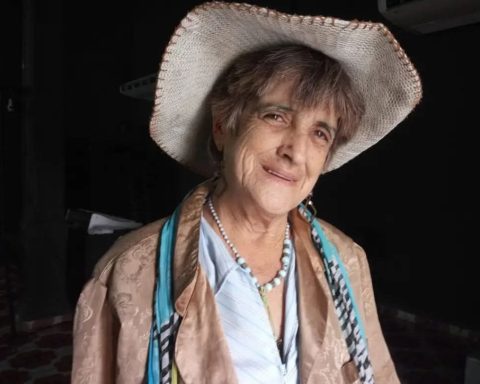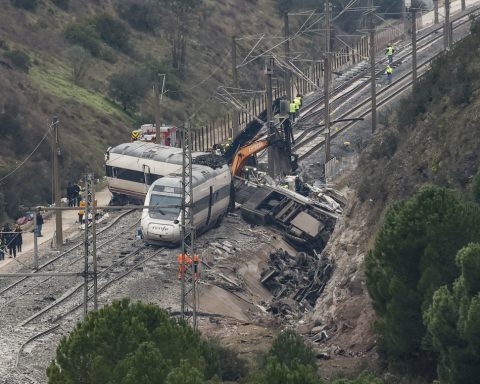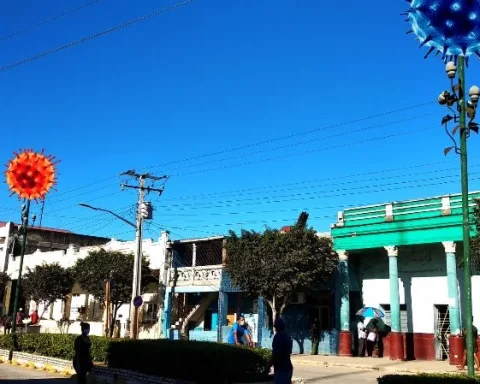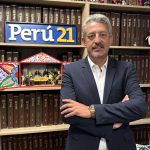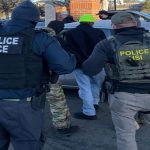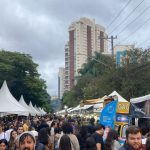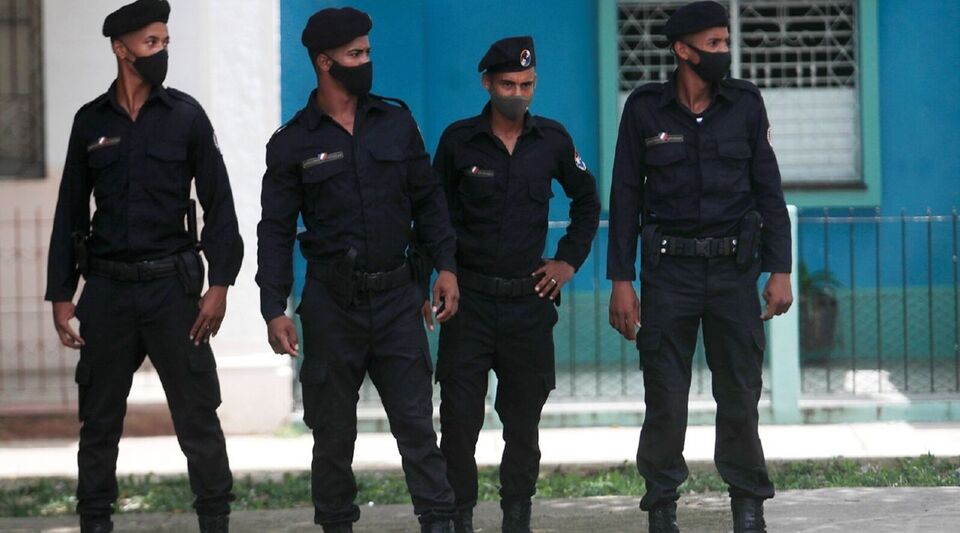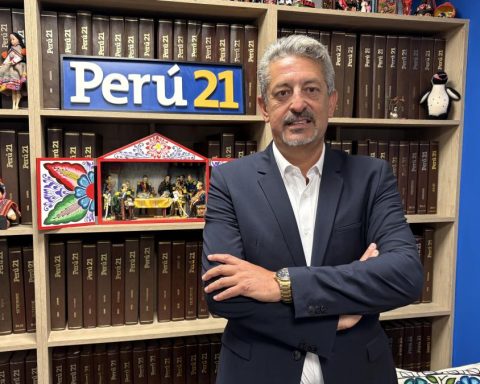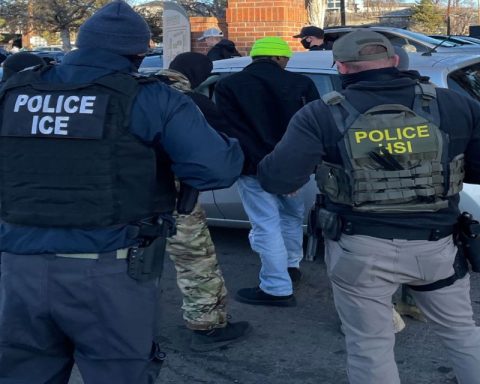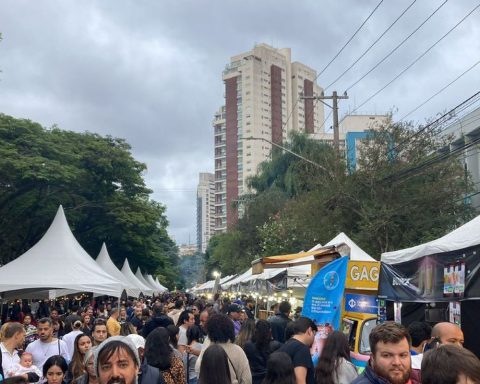The negotiators of the National Liberation Army (ELN) in the peace talks with the Government of Colombia They assured this Friday in a statement that the talks for a ceasefire are advancing “rigorously”.
The ELN delegation issued this note on the tenth day of contacts with the Colombian government in Havana, the venue for the third cycle of talks between the two parties after those held in Venezuela (November) and Mexico (March). The content of the conversations is confidential.
“We want the country to know that there is progress at this table, but that speed cannot be the enemy of rigor,” said the ELN’s chief negotiator, Israel Ramírez, alias Pablo Beltrán.
The objective of his team, he stressed, is “to avoid making mistakes from the failed processes to which the country has been subjected.”
According to the ELN, so far progress has been made in concreting the bilateral ceasefire and in the point of civil society participation in the peace process, two of the three issues scheduled for this third cycle of contacts between the parties. . The third is humanitarian relief.
There has also been a “meticulous review” of the “degree of compliance with the committed aspects” by the parties in the two previous rounds.
“The agreements must be solid because at this table the parties have committed to implementing what is agreed,” Beltrán said.
In this regard, this Thursday an internal agreement was approved between the ELN and the Colombian government on implementation formulas and responsibilities.
The ELN described this Thursday as “essential” to reach a bilateral ceasefire agreement that includes “parastatal forces and criminal groups act against the communities” and against the guerrillas.
He did not mention the murder this Thursday of the El Tarra police commander, Edison Andrés González, in the Colombian region of Catatumbo, on the border with Venezuela.
Contacts between the Colombian government and the ELN began in 2017 in Quito under the presidency of Juan Manuel Santos, who had just signed peace in 2016 with the now demobilized Revolutionary Armed Forces of Colombia (FARC).
The following year they continued in Havana, also the headquarters of the previous process with the FARC, but they were suspended by President Iván Duque in 2019 after the ELN attack against a cadet school in Bogotá.
The dialogues were resumed last year, with the arrival of the current Colombian president, Gustavo Petro.
